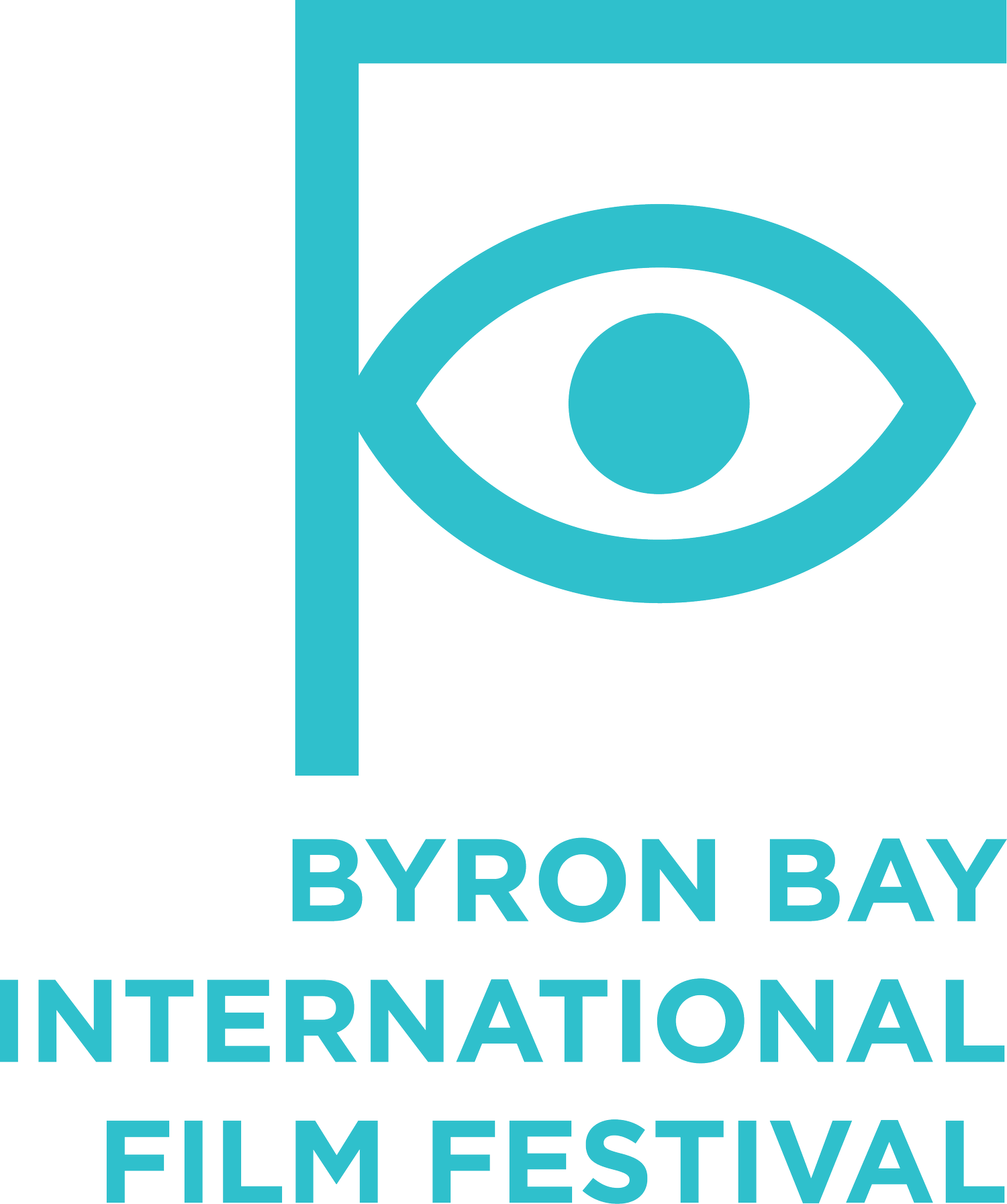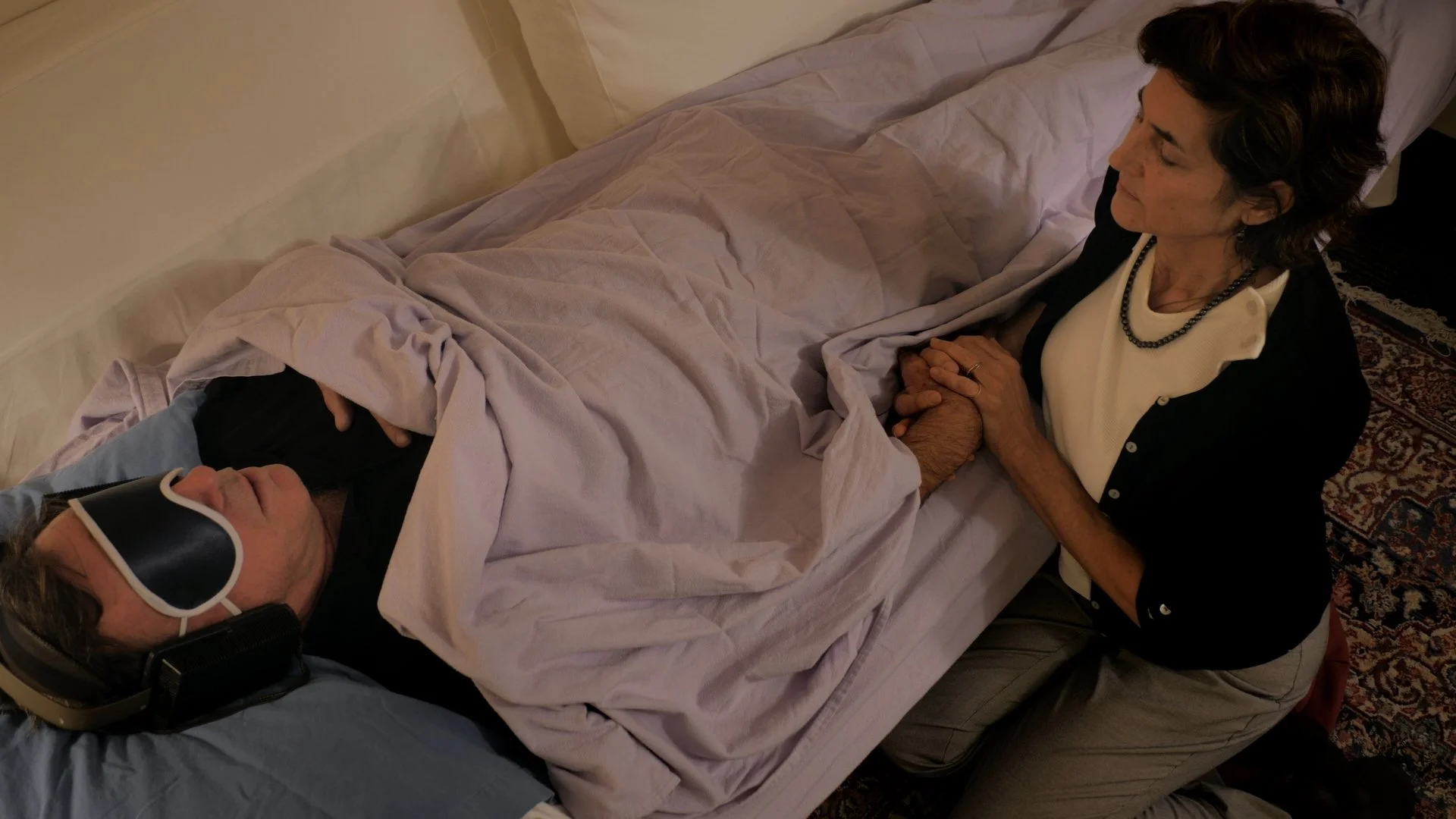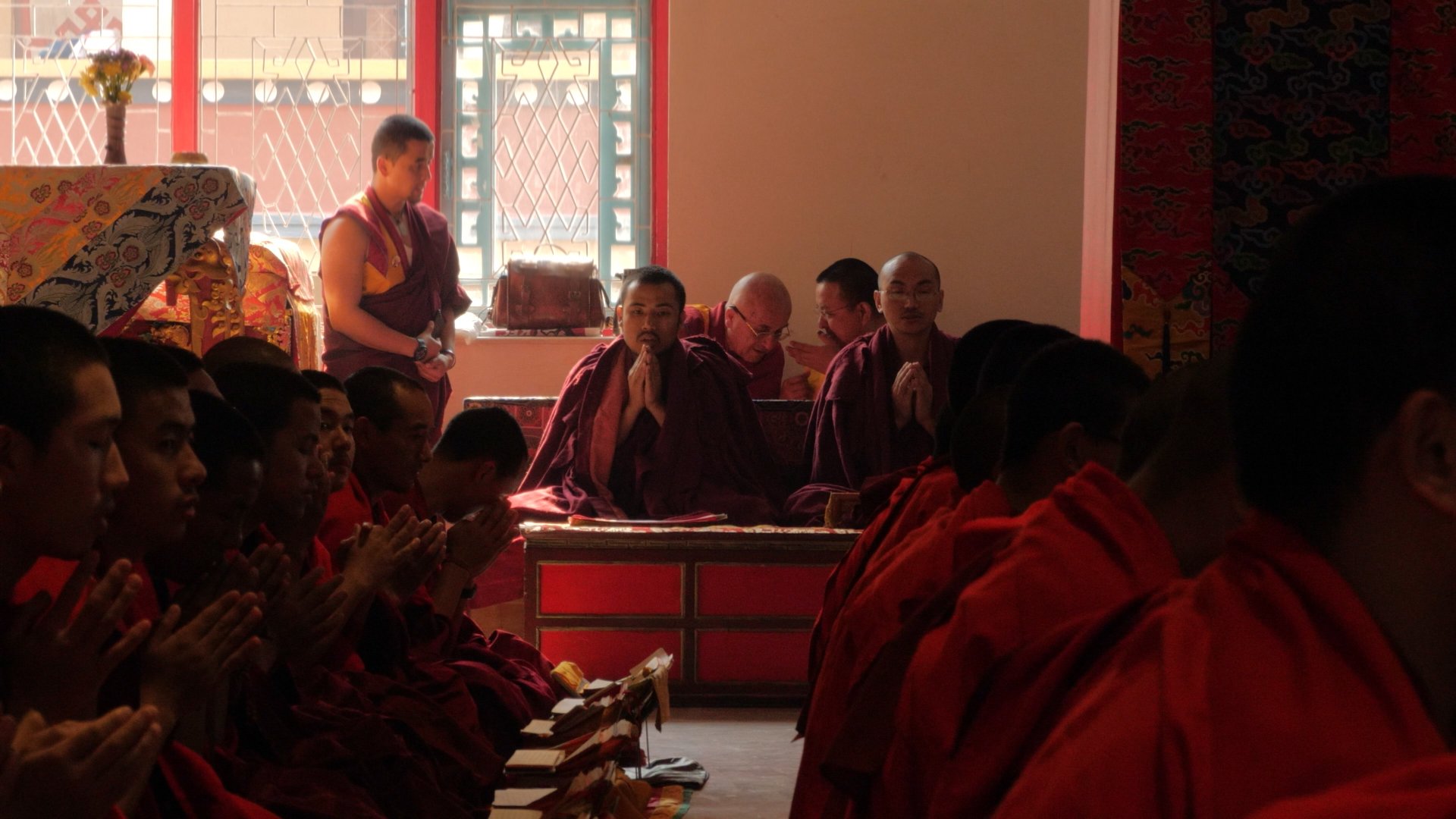BBFF2021 Meet the Filmmaker: Frauke Sandig and Eric Black
What does it mean to have awareness – and is this a capacity that we share with fish and animals, and even plants? How is it that we are aware that we are aware?
These questions and many others are explored and sometimes answered in the fascinating documentary Aware: Glimpses of Consciousness, screening at BBFF2021.
We spoke to filmmakers Frauke Sandig and Eric Black about their thought provoking work.
Screening at Palace Cinemas Byron Bay
Sunday 19 December at 4:00pm
Tuesday 21 December at 4:00pm
Buy tickets
Aware is the second film in the Heart of Sky, Heart of Earth trilogy. How did the trilogy come about, and what part does Aware play?
FRAUKE: While working on the first in this trilogy, HEART OF SKY, HEART OF EARTH over three years, our intense encounter with the indigenous Maya in Chiapas and Guatemala was an important source of inspiration for us to engage with consciousness.
The deep spirituality of the Maya, in which everything in nature is sacred, alive, and animate, stands in deep contrast to the Western capitalist worldview which sees nature as ‘natural resources’ and objects to be exploited. When Floridalma Pérez, a Mayan spiritual guide reproached us during an interview by saying "You white people always see everyone as separate - here the house, the tree, the animal, there you - in the indigenous world, for us everything is always connected", it provoked us to turn our camera around and examine our own beliefs about nature and consciousness. Thus, starting the journey which brought us AWARE.
A number of researchers from a diverse variety of fields feature in Aware. How did you come across them, and was it very difficult to secure their involvement?
ERIC: The metaphor of the six men and the elephant which begins and ends the film was an attempt to create an image of what we were trying to do in our first written proposal.
It sounded profound and functioned to let our readers immediately understand our intentions. We intentionally choose six protagonists with radically different traditions and approaches to consciousness, assuming their views of consciousness would be equally, radically different.
It was not difficult to find them. They were the ones, it seemed to us, doing the most provocative research. After meeting our protagonists and spending much time with them, the problem was that the metaphor did not entirely hold up. We had presumed when we put all their accounts together as a whole in a film, it might create a vague outline in the resulting mosaic. What surprised us most personally was how very similar their views and experience of consciousness were. No matter how different their starting point, rather as a material scientist leading a team of 300 scientists, a Tibetan Buddhist monk or a revered scientist systematically studying ‘mystical experience’, their views overlapped to a startling degree. Each had seen the elephant.
FRAUKE: We were looking for protagonists who were open to spirituality, but firmly anchored in science. We did not want purely esoteric or purely materialistic perspectives as we felt it would only serve the commonly known polarised positions and not lead to new insights. What surprised us, as Eric says, was how close the positions of the protagonists were in the end.
All of them were very open to working with us right from the start. The plant researcher Monica Gagliano even immediately offered to come to Berlin, as she was then currently on a lecture tour in Europe in part with Jane Goodall. We had originally considered also exploring animal consciousness but then found plant research to be the more surprising and newer field.
Plant ecologist Monica Gagliano
Apparently Aware is very popular in Europe. Throughout the world, how have attitudes towards the film and the concepts addressed in it varied?
FRAUKE: We haven't actually perceived many cultural differences. Due to the pandemic, unfortunately we haven’t had many chances to experience the reactions of different audiences in person. But across the world, we have been humbled and surprised by many very personal and enthusiastic reactions from individual people. We have received many letters saying, in essence, "This film changed my life and the way I look at the world."
Many people have described Aware as one of the best and most mind blowing films they have ever seen. What kind of legacy do you hope it creates?
ERIC: That of course fills us with joy! But the idea of legacy evokes the metaphor of the double-edged sword: On one side, one would of course hope it helps generate future support for making the third part of the trilogy. On the other, one would ideally like one’s own ego to dissolve. But far more essential is to have the film resonate with some and to provoke others into thinking about consciousness, including their own – anew.
Important in the end, is not our own legacy. It seems to us we are at a critical juncture in human history and what is essential is individual and thus social change. If one is not actively thinking about consciousness and what it means, someone or some ideological ‘faith’, ‘religion’, ‘philosophy’ or dogma will define it for you.
Witness the continuing rise of populist politicians and fundamentalism in all their contorted forms. Increasingly they determine what has meaning and what is meant. Defining consciousness is the most invisible yet most powerful form of political control. To define consciousness is also power. Conversely, it is no coincidence mystics have always been persecuted, oppressed and killed – one need only think of the Church, its Inquisition, the burning and torture of ‘witches’ in the Middle Ages, the brutality of the ‘Conquistadors’ in the ‘New World’ with a sword in one hand and their bible in the other or ISIS…
Whoever is able to independently experience ‘pure consciousness’ or put another way, to have a ‘direct line’ to the ‘divine’ is an enormous threat to power and dogma. Experiencing and having access to a greater consciousness erases the need for mediating institutions, indoctrination and even - witness the 1960s - war. That alone is revolutionary. Access to ‘pure consciousness’ is our birthright. Becoming aware you are aware is possibly the most powerful and self-liberating force in anyone’s personal development, thus collectively, the world.
Researcher Richard Boothby undergoes psilocybin therapy
The use of psilocybin and plant-based medicines as a gateway to expanded consciousness is a key theme of Aware. As governments throughout the world slowly acknowledge the potential of these substances to improve mental health and quality of life, has the film attracted much interest from politicians and decision makers?
ERIC: Answering as an American, the answer may be more cynical than one might first imagine. I am not aware the film has attracted much interest from politicians and decision makers in itself - yet but it may well be the other way around: While researching and filming the psilocybin studies at Johns Hopkins University, more than once it occurred to us that it may be interest from politicians and decision makers driving the research.
When one considers how many soldiers return disturbed from foreign wars with post-traumatic stress syndrome, or how many addicts American society has developed, how many deaths from opioids, the true cost of addiction is in lost workdays, lost lives, the cost of violence and incarceration, then one begins to realise, even in brutal, purely capitalist terms, this society desperately needs a solution to the weight of this downward spiral. And nowhere more so than in Baltimore, the site of Johns Hopkins and the city with the highest opioid death rate.
What were your biggest challenges when creating Aware?
FRAUKE: The biggest challenges were, firstly, the financing of the film. There were periods when we thought might have to give up because our funding had collapsed – and secondly, due to COVID-19, its theatrical release in a moment when the world was locking down.
The work on the film itself was a joyful and endlessly fascinating journey. It was a big privilege to work and be with these wonderful people. Of course, we had our crises in the editing room, struggling and worrying how all this would ever come together. Whose megalomanic idea was it anyway to even think of filming the infinite mystery?
Matthieu Ricard during a Tibetan Buddhist ceremony in Nepal
Can you tell us about the third film in the trilogy - what is it about and when will it be released?
FRAUKE: The third part will deal with the coming climate catastrophe - a topic that also lies in the area of tension between science and the indigenous relationship to nature. One of the protagonists from AWARE will also participate again, however which one we will not yet reveal.
With so many film festivals having transitioned to virtual screenings due to the COVID-19 pandemic, what does it mean for you to have Aware showing in front of live audiences? Were there any other deciding factors in choosing to show the film at BBFF?
FRAUKE: We made AWARE for the big screen with live audiences so the experience of virtual screenings has been quite frustrating for us as filmmakers because of the lack of a direct response and interaction with the audience. There is no substitute.
When we have had the chance to be present at theatrical screenings, it was often overwhelming to feel how strongly the audience reacted... a joy!
We fell in love with Australia while filming with the wonderful Monica Gagliano. For both those reasons, we are very grateful to have the chance to present AWARE at BBFF and we are very gratified Monica, who lives in Byron Bay, could be a part of the festival. But of course, we would have loved to be there in person with you.





